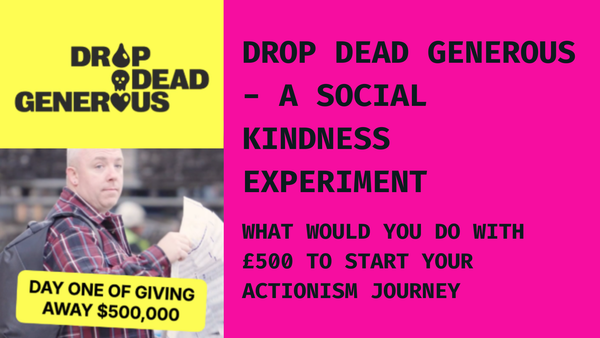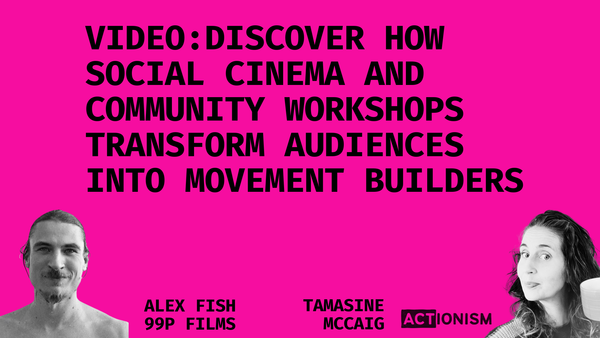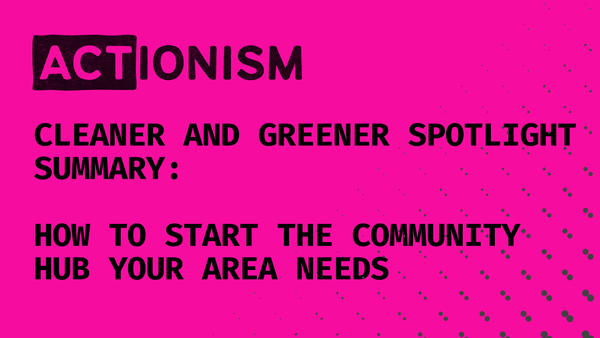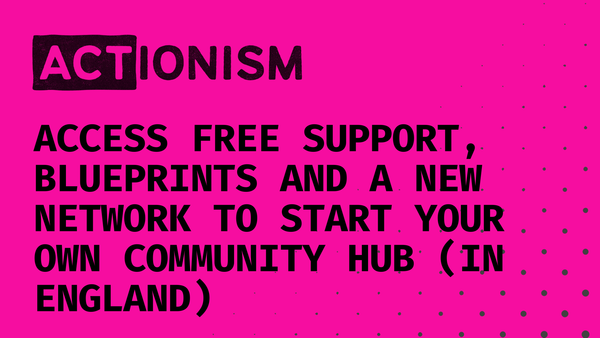AHA!
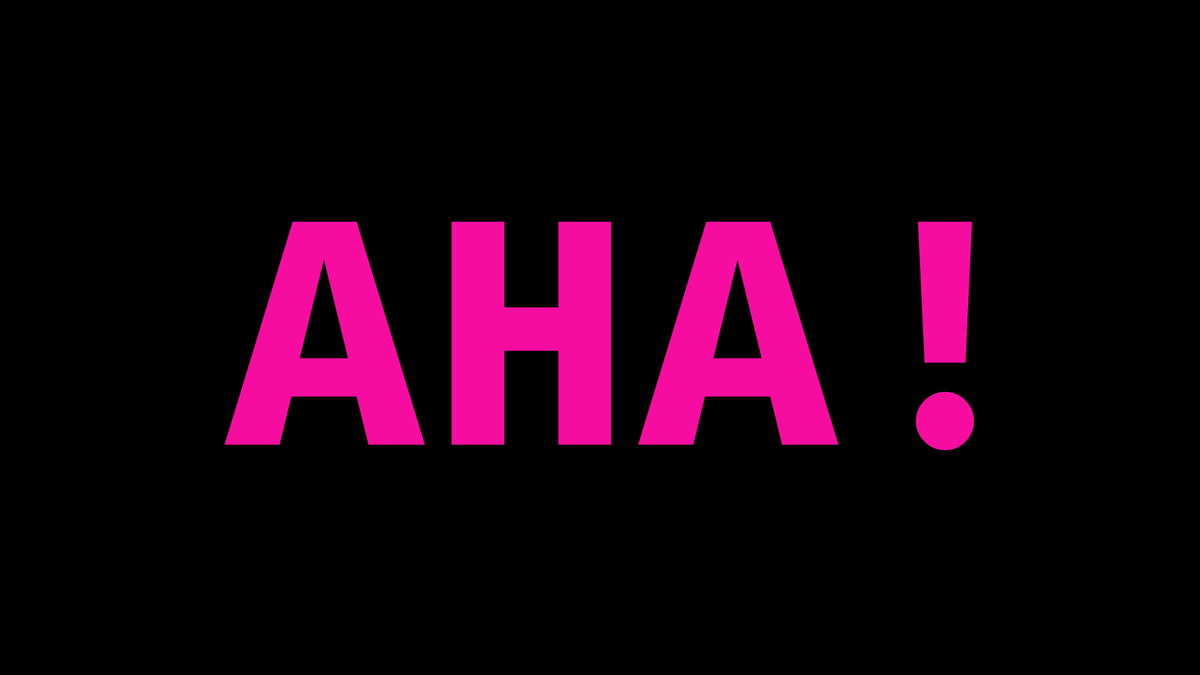
Growing up, my nickname was ‘20 Questions’ because I was always curious, always asking “why?” I felt a deep sensitivity to the systems and ‘norms’ around me. There was a quiet, persistent unease, a sense that something wasn’t quite right. I didn’t realise that what I was experiencing wasn’t universal. I assumed everyone shared the same gut instinct, the same knowing when something didn’t align with a deeper sense of truth. It was the feeling that the way things were done didn’t make sense, and the confusion of why others didn’t question it too. There was an unease that nobody seemed to care enough to raise those questions.
As I grew older, this sensitivity morphed from curiosity into frustration. The weight of societal expectations, the rigid identities I was being forced into, became harder to ignore. As children, we’re free from much of the social conditioning that shapes adult life. We’re allowed to question. But with age comes categorisation, you’re told what to do, who to be, and what success looks like. You’re handed a roadmap for life, but it feels more like a treadmill, endless, mechanical, uninspired. Suddenly, these questions are no longer tolerated.
It was during this frustrating time that I began to realise the system I was navigating wasn’t just some benign framework holding back the curious. It was a series of reinforcing loops pushing everyone along a path that didn’t feel right, a race to the bottom, a linear track that runs counter to how life actually works. It felt like we were told to all run the same race, but the finish line was hollow. Those who “won” didn’t seem any more fulfilled than those who didn’t. The idea of competing for a better life than others never appealed to me. It felt unhinged, perverted, and wrong.
As I struggled with these systems, the expectations, the constant flow of one-sided information, I started to see how binary and bleak the ‘modern world’ had become. I retreated into nature to feel full and to avoid feeling trapped in a machine, endlessly consuming but growing emptier with each mouthful. The more we consumed, the less satisfied we became. And the more we tried to fit into the system, the more the system consumed us. Conformity felt life-sucking, all while exploiting people and draining the life out of everything, including ourselves. For what? Security, comfort, health, wellness? I think not. Look around, nothing is robust. People are sick, life is hard, and times are dark. Asking questions feels prohibited. Only in nature and real relationships do I see a way out, a way to real security, comfort, health, and wellness.
What have our young people got to look forward to? We’ve squeezed the joy out of everything and replaced nature’s abundance with artificial scarcity. We’re living in an era of anxiety, surrounded by incomprehensible scales of man-made crises, a deep uncertainty we dare not discuss. We are taught not to question, to believe we are too small to prioritise systemic injustice, planetary collapse, and the rewriting of old stories.
But as I gained more experience and broadened my perspective, I began to realise something bigger: It wasn’t just me who felt this discomfort. Most people, whether they were aware of it or not, were stuck on the same treadmill, many having the same realisations I had. They too were feeling trapped by their roles in the larger machine. Even the richest and most powerful are starting to realise it: It’s all broken.
This is where the unraveling began. My personal “Aha!” moments started to pile up, slowly and then rapidly revealing layers of untruths and hidden myths that shaped our world. These were moments of “unlearning,” when things I once accepted without question began to lose their shine. Innovations I once hailed as progress started to feel like elaborate traps. Technologies that promised to save us only seemed to make things worse. Stories to be rewritten. The metaphor of any reckless monkey being able to pick up a gun no longer felt distant, it became painfully real. The traps seemed more and more inevitable. The system compounding. The end nearing. A state of being and a systems thinking perspective I now recognise as “collapse awareness” emerged.
One key ‘Aha’ moment came when I worked with a company dedicated to designing products that put people and the planet first. We didn’t start with consumer demand or market forces. Instead, we began by deeply understanding the real needs of our customers. We studied them, worked alongside them, not as ‘consumers,’ but as real people, and designed products that addressed their true needs, not their superficial wants. I was immensely proud of the work we did. It felt like a new way of doing things, one that could actually make the world better. We coupled this non-market-centric design approach with circular economics, zero-waste manufacturing, regenerative material sourcing, and hyper-localised production. It was pioneering. To this day, I’m proud of the role I played in shaping it.
Off the back of this, I was invited to set the sustainability brief for my former university’s final-year design projects. At the end of the programme, one of the students I was mentoring said something that stuck with me: “Jamie, it’s cruel to show us this new way of working. We want to make a difference, we want to do what you’ve shown us, but nowhere is this going to give us that job. No one will hire us to do this. You can’t take us all, nor should you have to. Where do we go?” It hit deep. It was the same lack of “a place to do this work” that led me to create something of my own with others. It had been many years since I’d been at university, and while we were pioneering new ground, there were very few places to actually build a career around this. Despite our success, the core team was hardly paying ourselves, and every hour and penny went into holding up this good work. It was hard to do good, yet doing things badly is not just easy but default, incentivised and standardised as ‘best’ practice.
It was a brutal truth. She was right. The system we were part of wasn’t designed to support this kind of work. It wanted to tear us down. We were swimming against the current of a machine built to perpetuate itself. A few months later, our company was sold to a manufacturer, and the process we had pioneered dissolved into the very system I had hoped to change. At this point, I had a profound “Aha!” moment. Our work was never about creating a better product or even a better company. The real change wouldn’t come from isolated, individual efforts. We had to change the system together. And that’s when it clicked: the “Aha!” moments I was experiencing weren’t just personal realisations. They were invitations to see how, as a society, we needed to break free from these self-perpetuating systems. Until we realise this, every well-meaning innovation will only compound the problems.
The truth hit me: We can’t wait for a better product, a better company, or a better leader. We need a paradigm shift. We need a collective “Aha!” moment, where everyone begins to see the systems that bind us. Unlike products or businesses, these moments are free and plentiful, they occur in our minds, not the physical world. All it takes is openness to experience them. No effort, money, or permission required. Only then can we shift away from what doesn’t truly serve us. We need to recognise the cruelty of a system that doesn’t allow us to make the world better, where the system serves itself at our expense. And as that system collapses around us, it’s clear: this way of life is no longer viable. So, we adapt and change. From that day forward, only systems in service to life will thrive, while extractive systems that serve their own self-interest will fade into the past.
Aha! This is where the real work begins…

